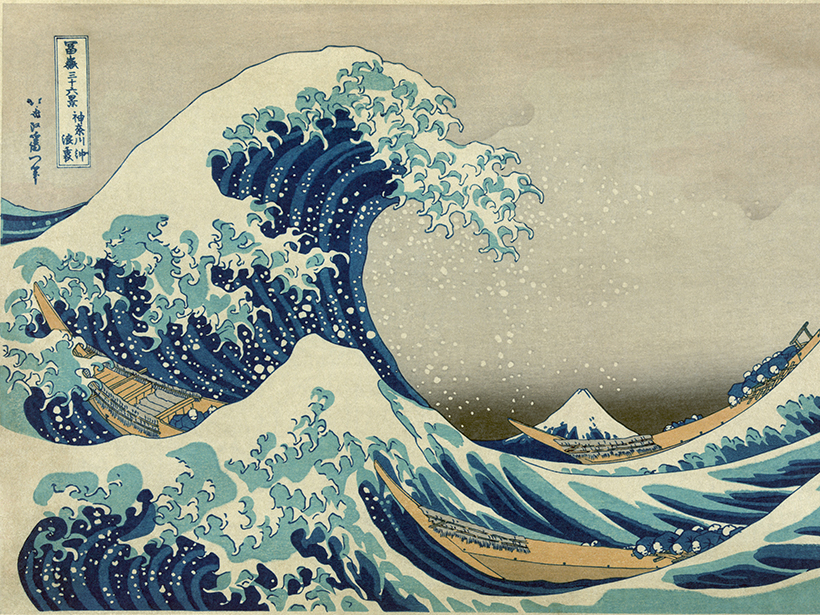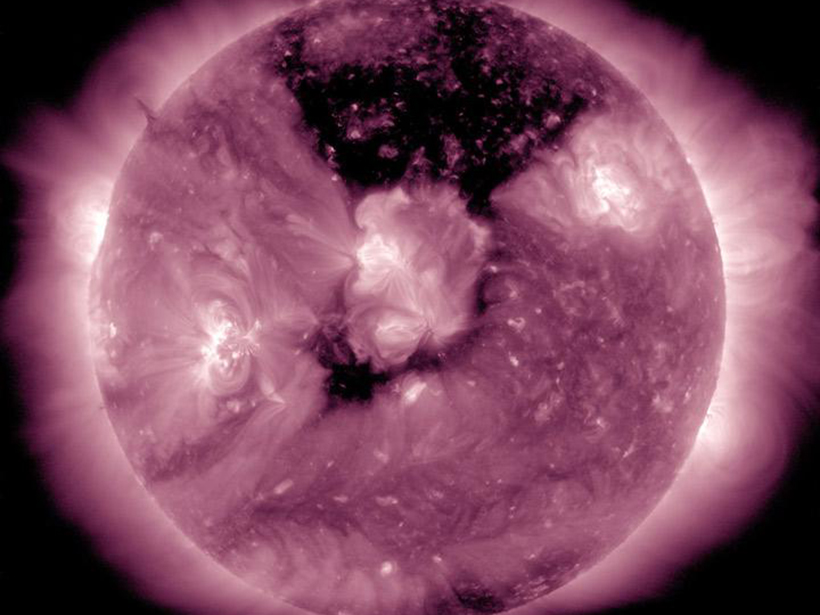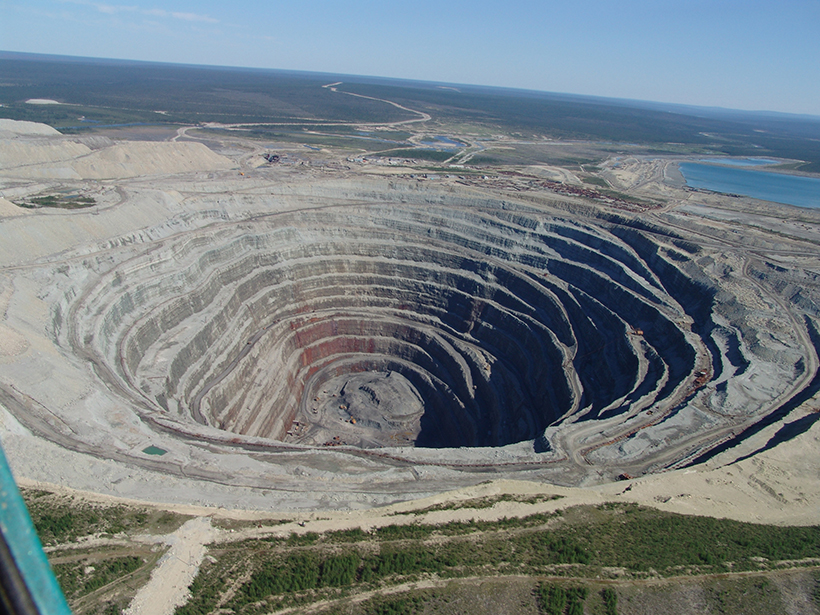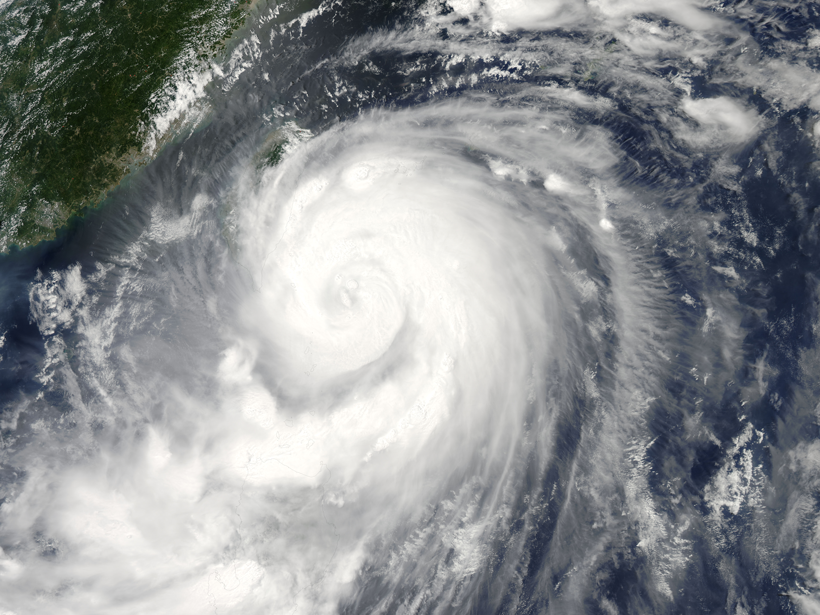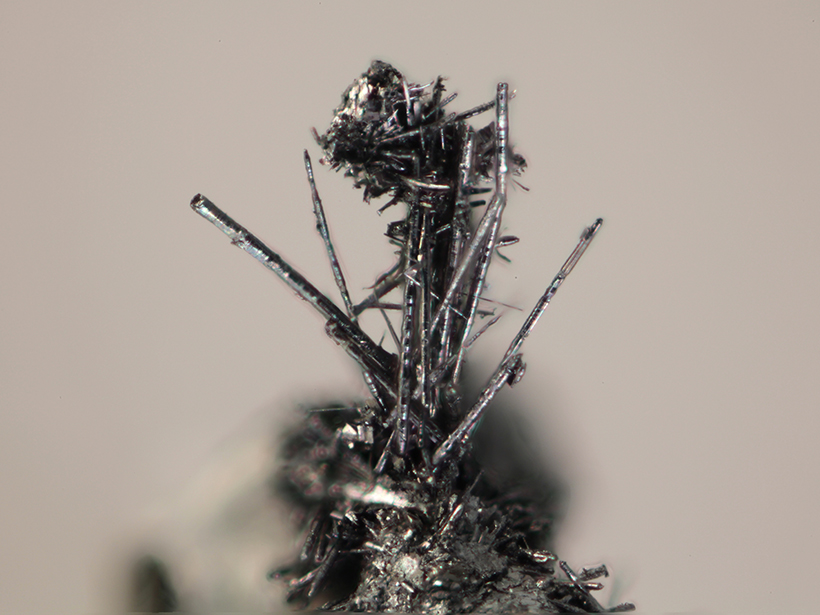Donald W. Forsyth was awarded the 2017 Maurice Ewing Medal at the American Geophysical Union Fall Meeting Honors Ceremony, held on 13 December 2017 in New Orleans, La. The medal is for “significant original contributions to the ocean sciences.”
geophysics
Mainprice Receives Paul G. Silver Award
David Mainprice will receive the 2017 Paul G. Silver Award for Outstanding Scientific Service at the 2017 American Geophysical Union Fall Meeting, to be held 11–15 December in New Orleans, La. The award is given annually to recognize “a scientist who has made outstanding contributions to the fields of geodesy, seismology, or tectonophysics through mentoring of junior colleagues, leadership of community research initiatives, or other forms of unselfish cooperation in research.”
Subedi Receives 2017 Donald L. Turcotte Award
Prachanda Subedi will receive the 2017 Donald L. Turcotte Award at the 2017 American Geophysical Union Fall Meeting, to be held 11–15 December in New Orleans, La. This award is given annually to a recent Ph.D. recipient for “outstanding dissertation research that contributes directly to nonlinear geophysics.”
Tackling Chaos and Nonlinearity with Order and Straight Talk
The Nonlinear Wave and Chaos Workshop 2017 (NWCW17); San Diego, California, 20–24 March 2017
Integrating Research of the Sun-Earth System
International Symposium on Recent Observations and Simulations of the Sun-Earth System III; 11–16 September 2016, Varna, Bulgaria
Scientists Probe the Calm After Solar Storms
In forecasting the effects of solar storms, understanding how they subside—and not just how they arrive—will be crucial.
Synthesizing Our Understanding of Earth's Deep Carbon
The Deep Carbon Observatory is entering a new phase, in which it will integrate 10 years of discoveries into an overarching model to benefit the scientific community and a wider public.
Mark B. Moldwin Receives 2016 Waldo E. Smith Award
Mark B. Moldwin received the 2016 Waldo E. Smith Award at the American Geophysical Union Fall Meeting Honors Ceremony, held on 14 December 2016 in San Francisco, Calif. The award honors an individual for "extraordinary service to geophysics."
Reading Raindrops: Microphysics in Typhoon Matmo
Quantitative predictions about tropical storms require an understanding of even their smallest physical processes. A new study observes unusual microphysics in 2014's Typhoon Matmo.
Whiskers on Familiar Crystal Revealed as New Mineral
A 14-year-old girl's chance encounter with a random sample of tanzanite led scientists to find an entirely new mineral.

